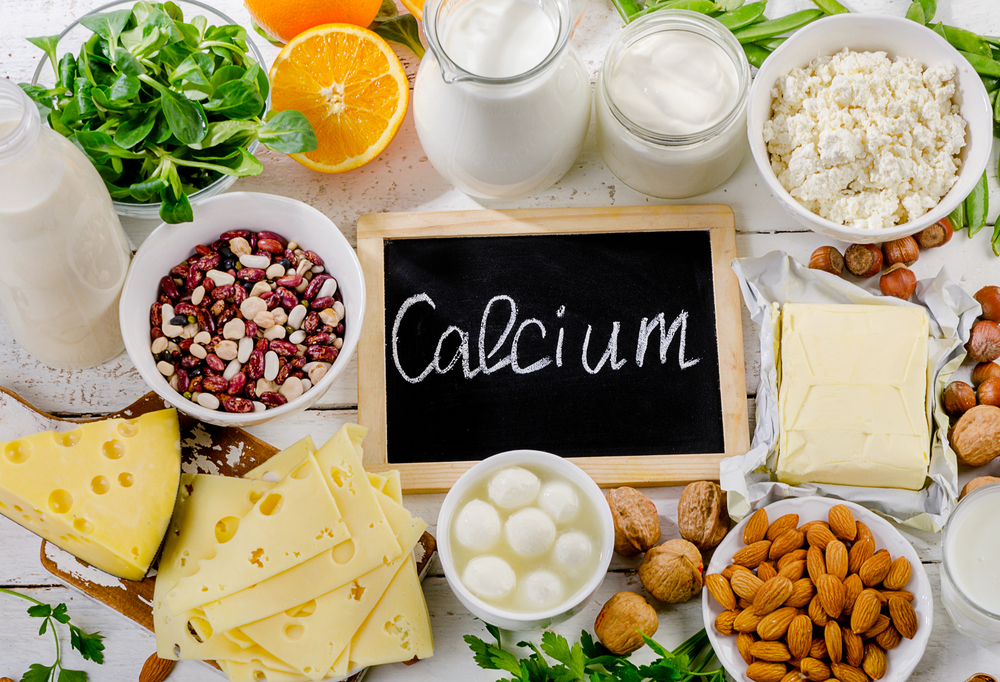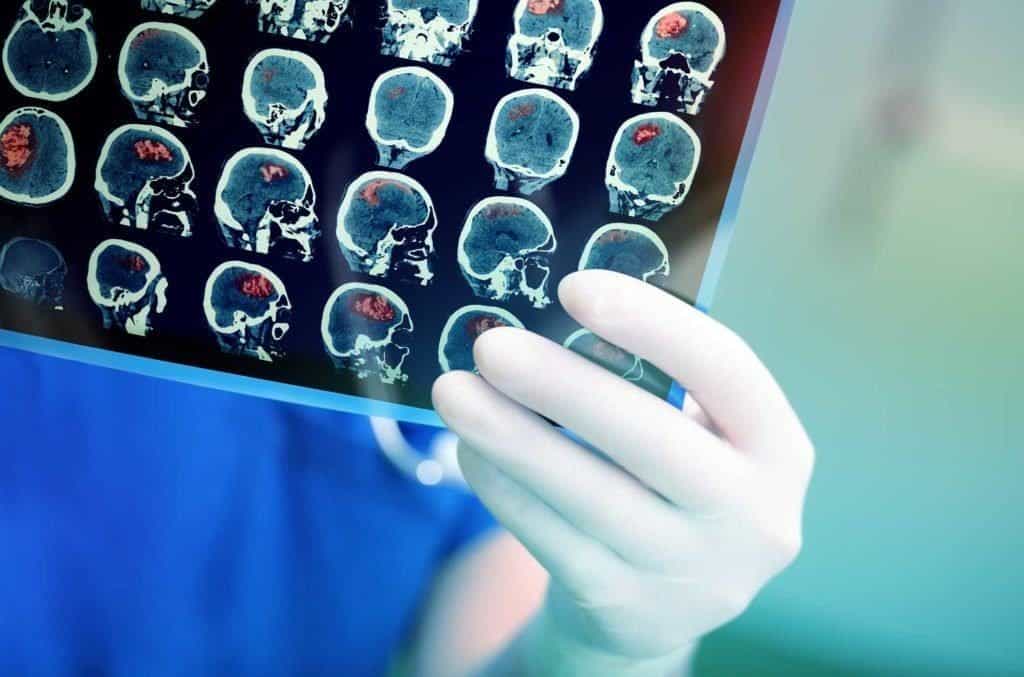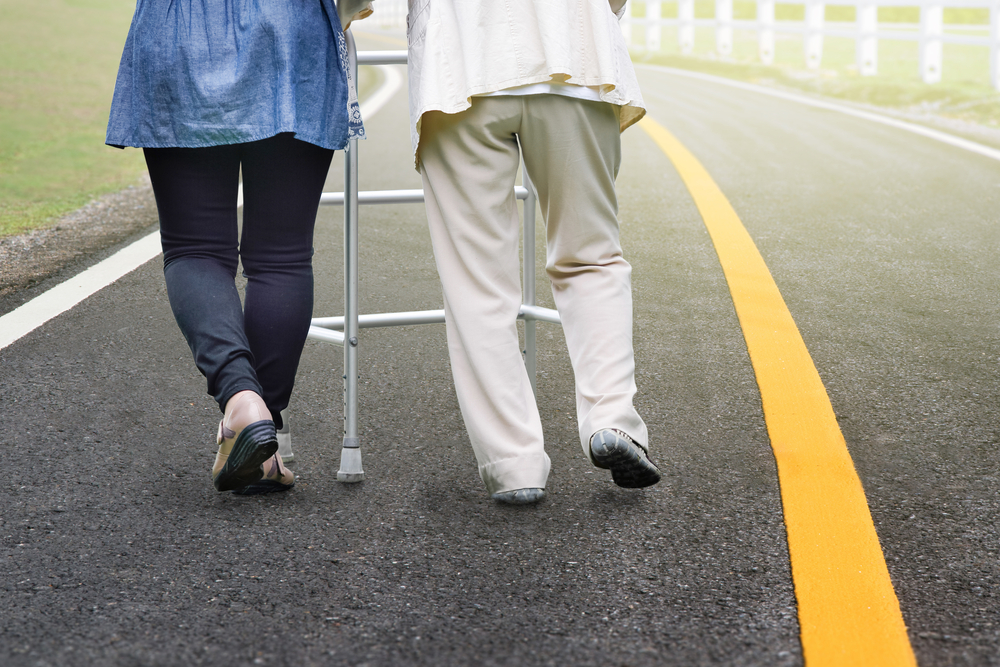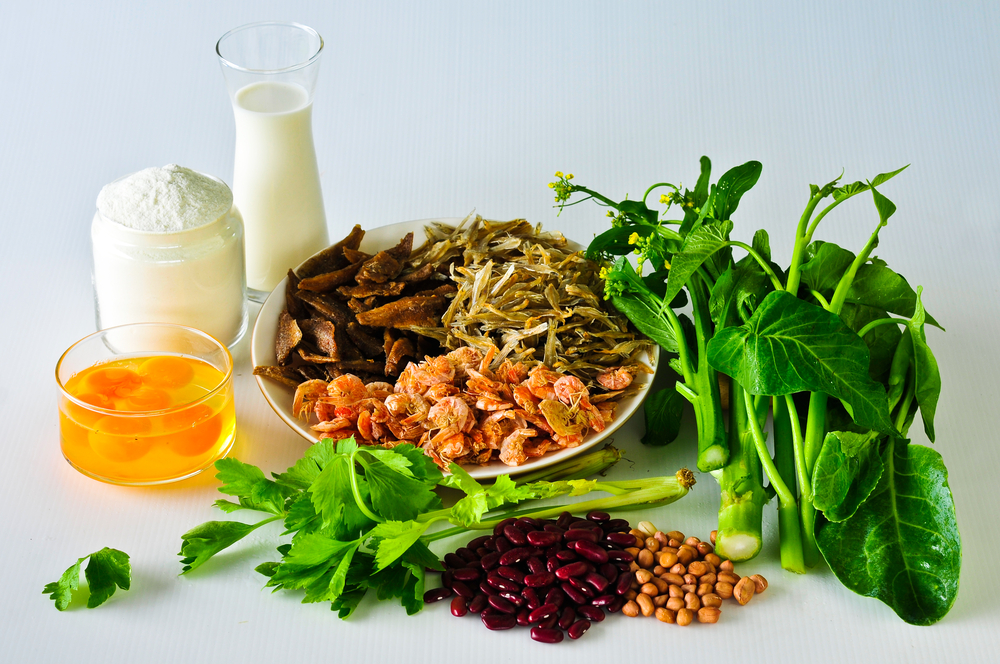Contents:
Medical Video: Hidden Health Benefits of Eating Spicy Food
For lovers of spicy food, life feels incomplete if you eat side dishes without the presence of chili or sambal for your friends to eat until sweat flows down your forehead.
Blessed are you who cannot live without chili. Apparently, besides functioning as a flavor enhancer and arousing appetite, research shows that chili has a variety of hidden positive effects on your health.
Chili - red, green, cayenne, curly, and jalapeño - rich in capsaicin. Capsaicin is a bioactive component compound that has many benefits to the body's resistance to infection. Reporting from Huffington Post, Capsaicin when used as a local treatment can help relieve pain. Eating chili can also help improve the performance of the body's immune system, while stimulating the work of the kidneys, lungs and heart.
Still need to be convinced? Here are 5 reasons that might surprise you why spicy food is good for you.
1. Lose weight
Research reveals that the heat sensation of capsaicin encourages stimulation of chocolate fat which can boost the body's metabolic performance to jump up to five percent. Increasing the work of the body's metabolism will result in more optimal fat burning, which reaches 16 percent. That is, mencocol fried chicken with your favorite red chili is the same as burning calories. Other studies also show that capsaicin has a thermogenic effect that can make the body burn extra calories for twenty minutes after eating. Wow, that's ok, huh?
The above study also supports previous studies that linked consumption of red chili in high-dose caplets with decreased appetite and increased calorie burning activity. Both of these studies succeeded in concluding that chili - in high doses and normal dosages in ordinary cooking recipes - offered the same benefits. In addition, eating spicy foods also helps reduce appetite and cravings, and reduces the number of calories you eat.
Eits, don't be happy first. Of course achieving the ideal body weight cannot only be achieved by spending a plate of chili sauce. Eating spicy foods for a diet program is okay, but it is also accompanied by regular exercise and a healthy lifestyle!
2. Better heart health
Studies show that cultures that eat the most spicy foods (yes, Indonesia too!) Have a lower chance of heart attack and stroke. The reason, capsaicin in chili is effective in reducing levels of bad cholesterol (LDL) and increasing levels of good cholesterol (HDL) in the body.
Vitamins A and C contained in chili strengthen the walls of the heart muscle, and the warm sensation of capsaicin can increase blood circulation in the body and cause - if not absolute - a decrease in blood pressure due to the influence of nitric oxide in capsaicin on blood vessel dilation.
Capsaicin can also help prevent blood clots. In fact, capsaicin is still being studied for its ability to overcome the problem of blood circulation, hardening of the arteries, and abnormal heart rhythms (cardiac arrhythmias).
3. Long life
Quote Health based on large research from China, spicy food lovers can have a higher chance of longevity - even if only a little - than those who don't like to eat spicy food at all. The results of the study concluded that people who ate spicy food almost every day had a 14% reduced risk of death, and those who ate spicy food only twice a week reduced their risk of death by 10 percent, compared to people who ate spicy food only once a week.
Among female participants, those who like eating spicy foods are associated with lower deaths from cancer, heart disease and respiratory problems.
4. Prevent cancer and tumors
Capsaicin has been shown to activate cell receptors in the lining of the intestine to create reactions that can reduce the risk of tumor growth by turning off over-reactive receptors.
Reporting from Self, according to the American Association for Cancer Research, the compound capsaicin (which is also found in turmeric) has the ability to kill some types of cancer and leukemic cells. Researchers also found that capsaicin was able to kill 80 percent of prostate cancer (in mice) without endangering the normal cells around it.
Capsaicin has also been linked to the effectiveness of treatment of breast, pancreatic and bladder cancer, although you may need to take capsaicin in amounts that do not enter to be able to succeed - for example, five habanero chili in a week.
Chili also has anti-inflammatory properties. Chili is considered very effective to protect you from ulcers in the stomach. Abdominal wounds caused by H.pylori bacteria cause growth of boils, and capsaicin can help to kill these bacterial colonies. One study found that people who routinely consumed Chinese food, which contained less concentration of capsaicin, had three times greater chances of developing ulcers in the stomach than those who consumed spicy Malay or Indian foods that had higher concentrations of spices and capsaicin. .
5. Relieve sinusitis
Surely you have noticed how suddenly your nose becomes runny when you are feeling hot. Capsaicin contained in chili is similar to compounds found in many decongestant ingredients, so the more spicy your sauce is, the more runny your nose is.
If you have a cold, it's a good idea to add a pinch of dried chili powder to a cup of warm tea. Drinking slowly while inhaling the warm steam will help stimulate the mucous membrane that lines your nasal passages to drain mucus, so you can breathe better. In addition, capsaicin is also rich in vitamin A, which helps strengthen mucous membranes. The mucous membrane serves as a protector to prevent bacteria from entering the body through the nose.
Don't eat too much spicy food
Now you understand about the various potential health benefits of eating spicy food, but don't overdo it in order to achieve the dream of healthy living.
You might want to limit spicy food at night. Eating spicy foods before bedtime can cause digestive disorders that make it almost impossible for you to sleep well. Even if you are among those who can eat spicy food without having a stomach ache, chili sauce and spicy food are associated with long hours of awake at night and require longer periods of sleep, due to capsaicin that affects your sleep patterns by changing your body temperature .
As for how much spicy food you need to consume to get its benefits, doctors and experts advise you to start incorporating chili and turmeric into your diet at least 2-3 times a week - both raw, chili sauce, grill cooking ingredients, stir-fry , or baked whole.
READ ALSO:
- 3 foods that cause kidney stones
- Food falls "not yet five minutes", is it safe to consume?
- At breakfast, avoid these 5 foods












